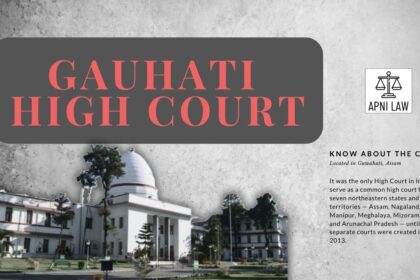Code
If the accused pleads guilty, the Magistrate shall record the plea and may, in his discretion, convict him thereon.
Explanation
This section outlines the process when an accused pleads guilty to the charges against them. It states that if the accused pleads guilty, the Magistrate must:
- Record the plea.
- Ensure the accused understands the nature of the charge and the consequences of pleading guilty.
- Ascertain if the plea is voluntary and not influenced by any coercion or inducement.
- If satisfied, the Magistrate will convict the accused and proceed to pass sentence.
Illustration
A person is accused of theft. They appear before the Magistrate and plead guilty to the charge. The Magistrate, after ensuring the plea is voluntary and the accused understands the consequences, convicts the person and imposes a sentence.
Common Q&A
Q: Can the Magistrate refuse to accept a plea of guilty?
Yes, if the Magistrate has reason to believe the plea is not voluntary or the accused doesn’t understand the charges, they can refuse to accept it.
Q: Can an accused change their plea after pleading guilty?
Yes, an accused can change their plea before the Magistrate passes sentence. However, the Magistrate may consider the circumstances and decide whether to accept the change of plea.
Q: What happens if an accused pleads guilty to a serious offense?
Even for serious offenses, the Magistrate must follow the procedure outlined in Section 241 CrPC. They must ensure the plea is voluntary and the accused understands the gravity of the charges before convicting and sentencing.








